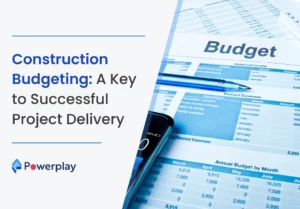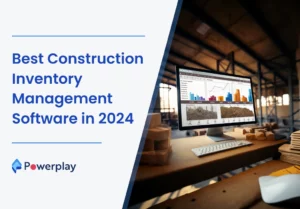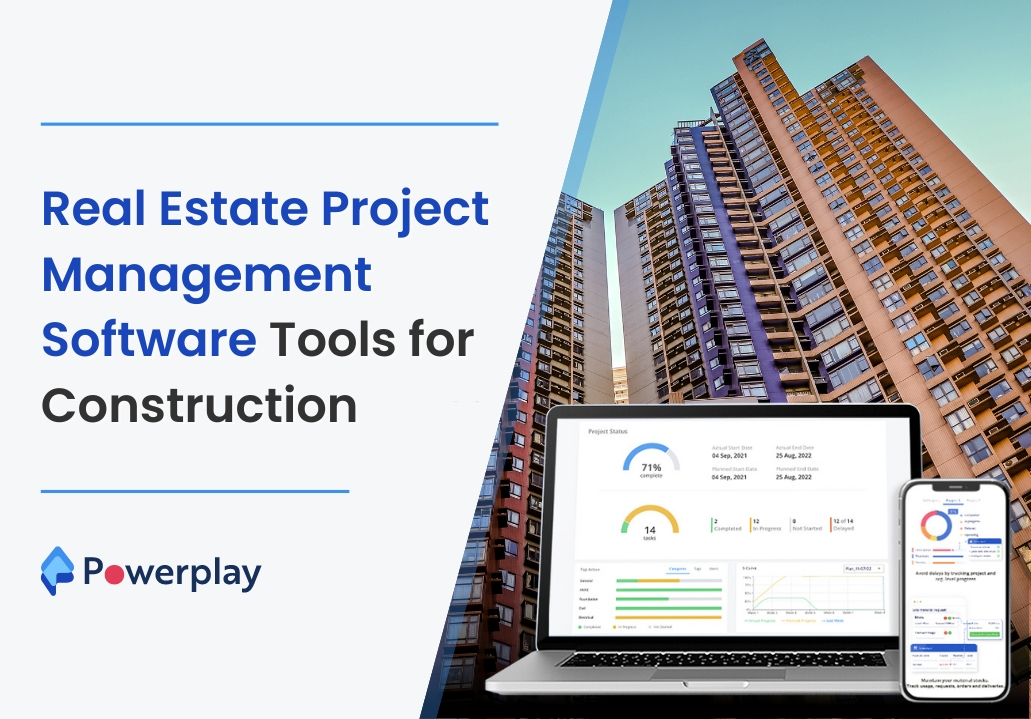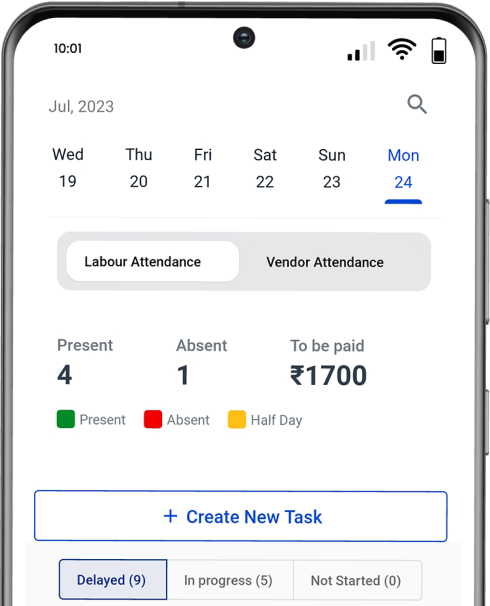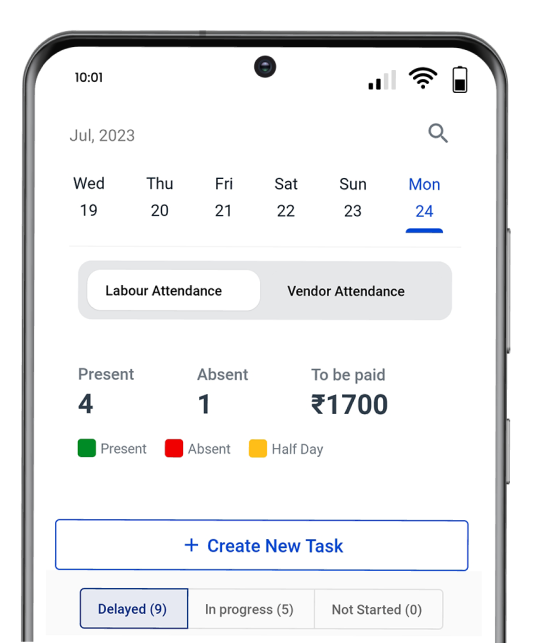Why are planning and scheduling important in construction?
-
Kumar Abhishek Anand
- October 23, 2023
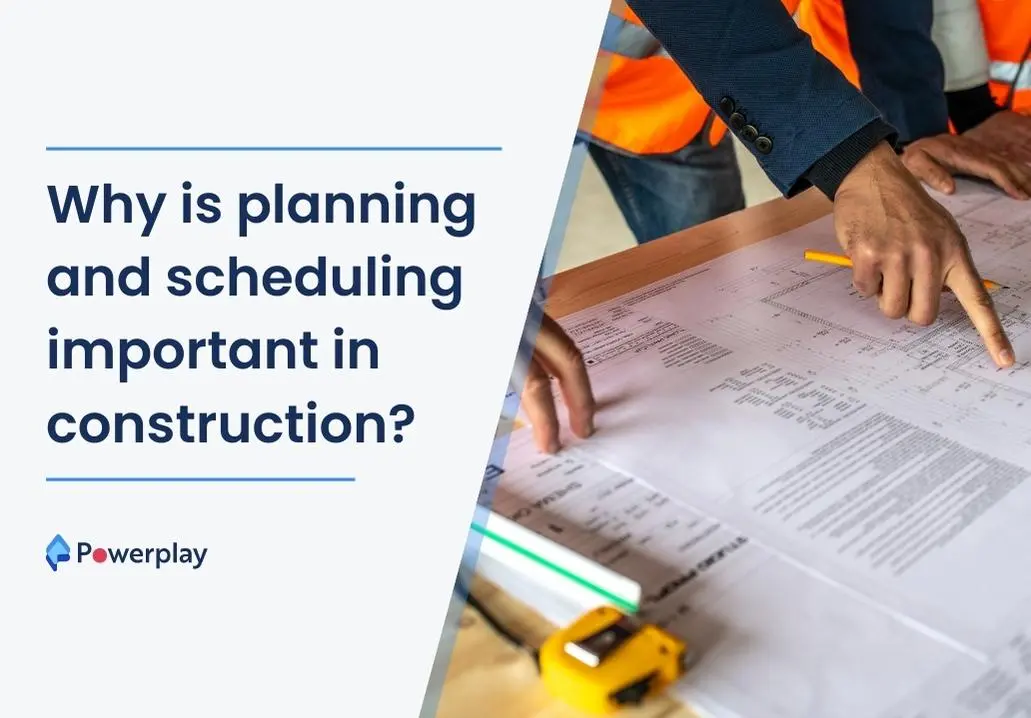
Planning is crucial for managing and executing construction projects. This involves choosing the right technology, defining work tasks, estimating resources, the extent of individual studies, and identifying possible interactions between different activities.
A well-designed construction plan will help you set your budget and create a work schedule. It is, therefore, a challenging and crucial task to design and develop a construction plan in construction management. The technical aspects must be developed. Next, you must make organizational decisions regarding the relationships between stakeholders and subcontractors.
Once the construction plan has been established, project managers can begin scheduling. Construction scheduling describes how a project will be completed within the timeframe and within budget. Construction schedules are similar to contractor bids. They estimate project costs and timelines.
What is construction planning?
In its simplest form, construction planning is how construction managers plan and manage a construction project. Construction planning can be described as a broad term that covers many processes. Construction planning includes the selection of technologies, defining work tasks and estimating the required resources. It also consists of the production of building plans.
Construction planning is selecting the right policies, processes, or procedures to achieve the project’s objectives. Software for construction scheduling allows you to create detailed plans that include action plans for cost and scope as well as time and quality.
Proper planning and scheduling can specify resources (materials. labour. equipment). Communication, risks and communication are all critical components of a productive operational workflow. Your schedule is an essential tool for managing projects.
What is Construction Scheduling?
Contractors must think carefully about the project’s completion. This includes design, cost, permits, time, and cost. Construction schedules can be used to manage labour, materials, and equipment. If issues arise during construction, it allows for adjustments to the plan.
A construction project plan is either a written representation or a graphical representation of the progress or construction of a project. It could be a narrative or written description or a bar chart. A contractor’s bid is an analogy for a construction schedule. The schedule estimates how long it will take to complete the project.
Construction planning and scheduling: Why are they so important?
Planning and scheduling are crucial to ensuring your project is completed on schedule and within budget. The plan will dictate the pace of work and how it is done. This schedule helps you plan your methods and sequences to place materials.
Your efficiency and productivity will be maximized if you prepare your construction schedule carefully and in advance. Your construction schedule will allow you to increase your quality control measures. It is easy to order around and ensure that you have the right quality and quantity of materials for each step.
You can use your schedule for materials and resource procurement. This will ensure that you are on the right track to procure the right materials when needed. Safety performance can be improved by using your schedule to track who is working on the site and ensure that safety guidelines are followed.
A reliable construction schedule allows you to better allocate your time among your project stakeholders. This helps them plan their activities. You can avoid costly delays and overruns by completely controlling your project.
Benefits of Construction Planning
You can use project planning to create the documentation you need to reduce costs, accurately predict cash flow, and track project costs proactively. Save time and increase efficiency by automating project workflows. Create an audit trail by documenting the entire project so that it can be easily shared with key stakeholders.
Transparency can be increased by keeping everyone informed and actively answering questions so that all your project and task plans should be centrally accessible and available to anyone who may need them. You can take greater control by using repeatable processes and investing in tools to manage the work time of your crew members.
Your clients and stakeholders should be on the same page. Keep them up-to-date on their responsibilities. The calendar can encourage clear communication between project managers and crews, subcontractors, vendors, and all stakeholders. Add workers, inspectors, and subcontractors to join the project at appropriate times.
Share
Kumar is a digital content professional with more than 2 years of experience in Blog writing, copywriting and scripting. His passion lies in the art of creating convincing content that plays a major role in converting leads for SAAS businesses.
